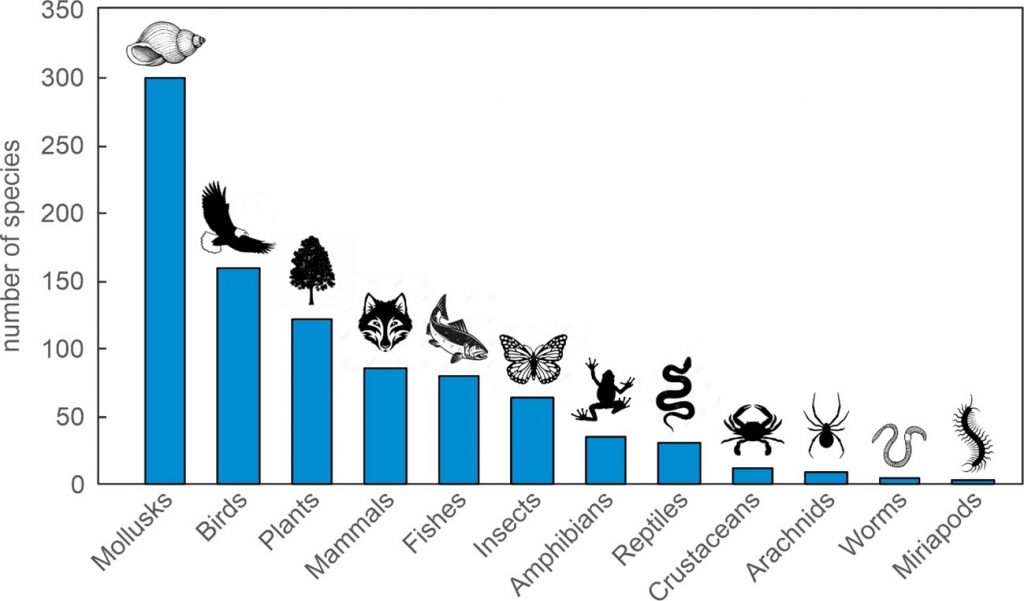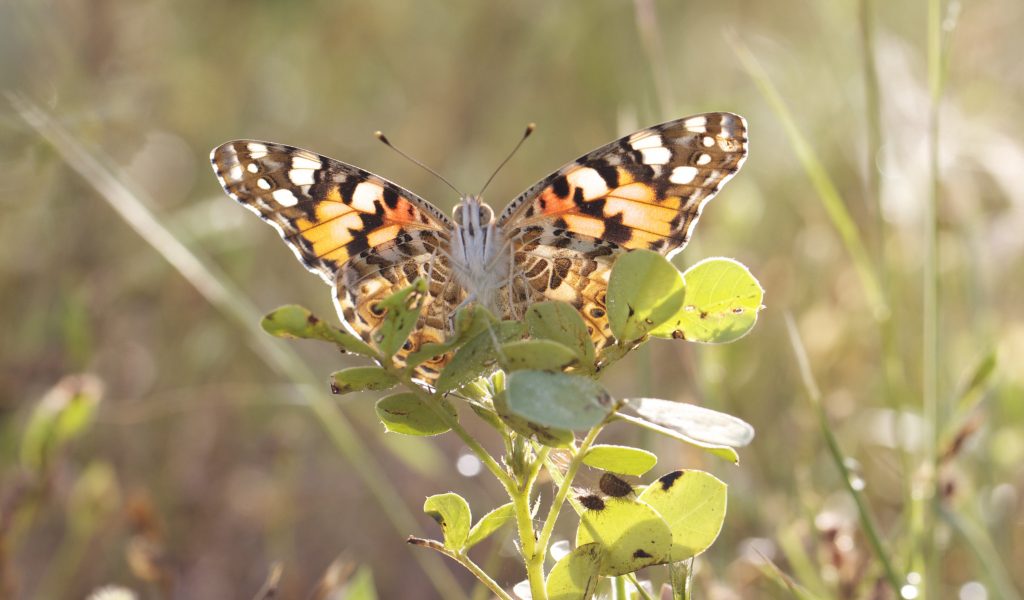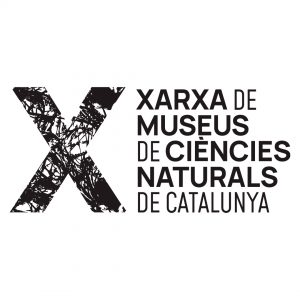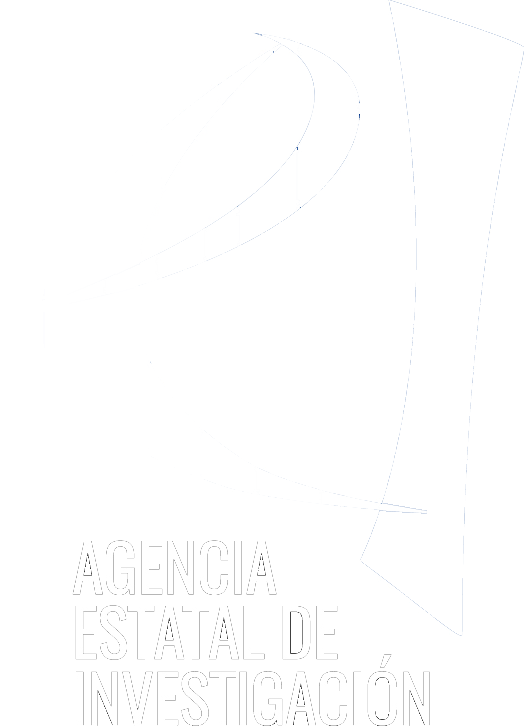Is the sixth mass extinction coming?
Does the current anthropogenic biodiversity crisis really qualify as a mass extinction? Many people now uncritically accept the reality of an ongoing mass extinction, but others contend that this is an unrealistic exaggeration by environmental alarmists.
The IUCN (International Union for Conservation of Nature) Red List of Threatened Species contains nearly 140,000 well-documented species, of which 900 have already gone extinct since the year 1500 and almost 80 are extinct in the wild.

Taxonomic distribution of the 900 species extinct since 1500 according to the IUCN Red List of Threatened Species.
The current human-driven biodiversity crisis still does not qualify for a mass extinction in terms of the percentage of extinct species, but the current rates of biodiversity loss actually fit within the range of the five major mass extinctions occurred during the Phanerozoic (the last ~540 million years), also known as the Big Five. The latest, or fifth, mass extinction was the well-known Cretaceous-Tertiay event, when the dinosaurs disappeared and the mammals began to flourish.
The magnitude and the high extinction rates of the current biodiversity crisis seem to have led to an obsession for conserving every living species. However, this is contrary to the natural evolutionary process. Stopping extinction is nonsensical in evolutionary terms and is as unnatural as accelerating it. Biodiversity conservation should be guided by well-established scientific criteria.
The full story can be read in a recent paper published by Valentí Rull in EMBO Reports, the journal of the European Molecular Biology Organiztion (EMBO), where the topic is discussed from an objective perspective using the empirical data available, rather than pre-meditated pro-and-con political conceptions.
Article:
Rull, V. 2022. Biodiversity crisis or sixth mass extinction? EMBO Reports 23, e54193.
















